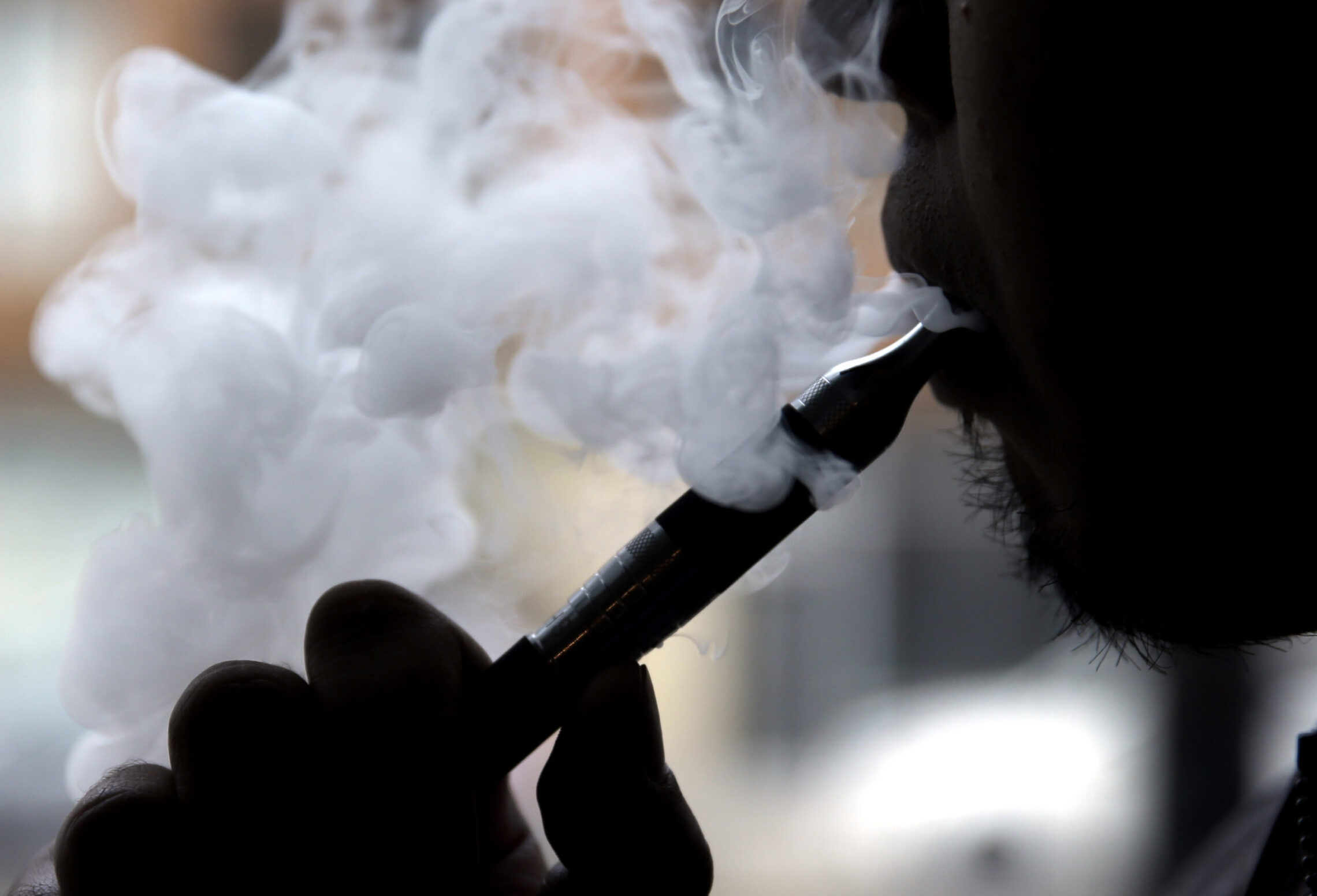

Schools across the country are using surveillance technology to catch middle and high school students vaping, which could land the students in legal trouble.
In Texas, the minimum consequences for a student caught vaping in the Tyler School District is 30 days at an alternative school, where students do coursework but do not attend classes. But students could receive a misdemeanor citation, be given a fine, or if their vapes contain THC, they could face a felony charge, according to the Associated Press.
The equipment will most commonly be cameras and sensors that are programmed to detect vape mist and THC. Some sensors can also detect certain words that point to bullying or monitor for sounds like gunshots.
Sensors sold by HALO Smart Sensors do not have cameras or record audio, but can detect an increase in noise in a school bathroom and send a text to alert school officials, according to Rick Cadiz, vice president of sales and marketing for IPVideo, the company that makes the HALO sensors.
“What we’re seeing with the districts is they’re stopping the vaping in the schools with this, but then we don’t want a $1,000 paperweight that the school invests for no other uses, right?” Cadiz told the Associated Press. “We want it to be a long-term investment.”
Schools are allowed to use federal funds from the COVID-19 pandemic and funds from the $440 million Juul Labs lawsuit to pay for the devices. The use of funds from the pandemic is because the HALO devices also monitor indoor air quality, which was considered an appropriate use of the money.
Some school districts, like one in California, found that the sensors worked too well, and would go off so frequently that watching surveillance videos to catch the culprits was not worth the time spent monitoring them.
Students have also pushed back on the surveillance devices, with some students teaching each other tips to get around the sensors, like smoking the vape pen behind their clothing to cover the mist. Other students have pushed back against the punishments like the ones in Texas, claiming they go too far.
CLICK HERE TO READ MORE FROM THE WASHINGTON EXAMINER
“The people that make these policies and implement these things sit in a room and do not walk the campuses or see the results, the consequences to these policies that they’re making to actually ensure that it’s working, because it’s not,” Tyler high school graduate Aaliyah Iglesias, who was caught vaping during a debate team competition, said. “I’m never going to do something like that again because the repercussions I faced were horrible.”
Iglesias was forced to resign as the president of her school’s student body, leave the National Honor Society, step down as captain of the debate team, and attend the alternative school for 30 days. However, she was still allowed to walk at graduation, go to prom, stay in most of her school clubs, and keep her college scholarship.







